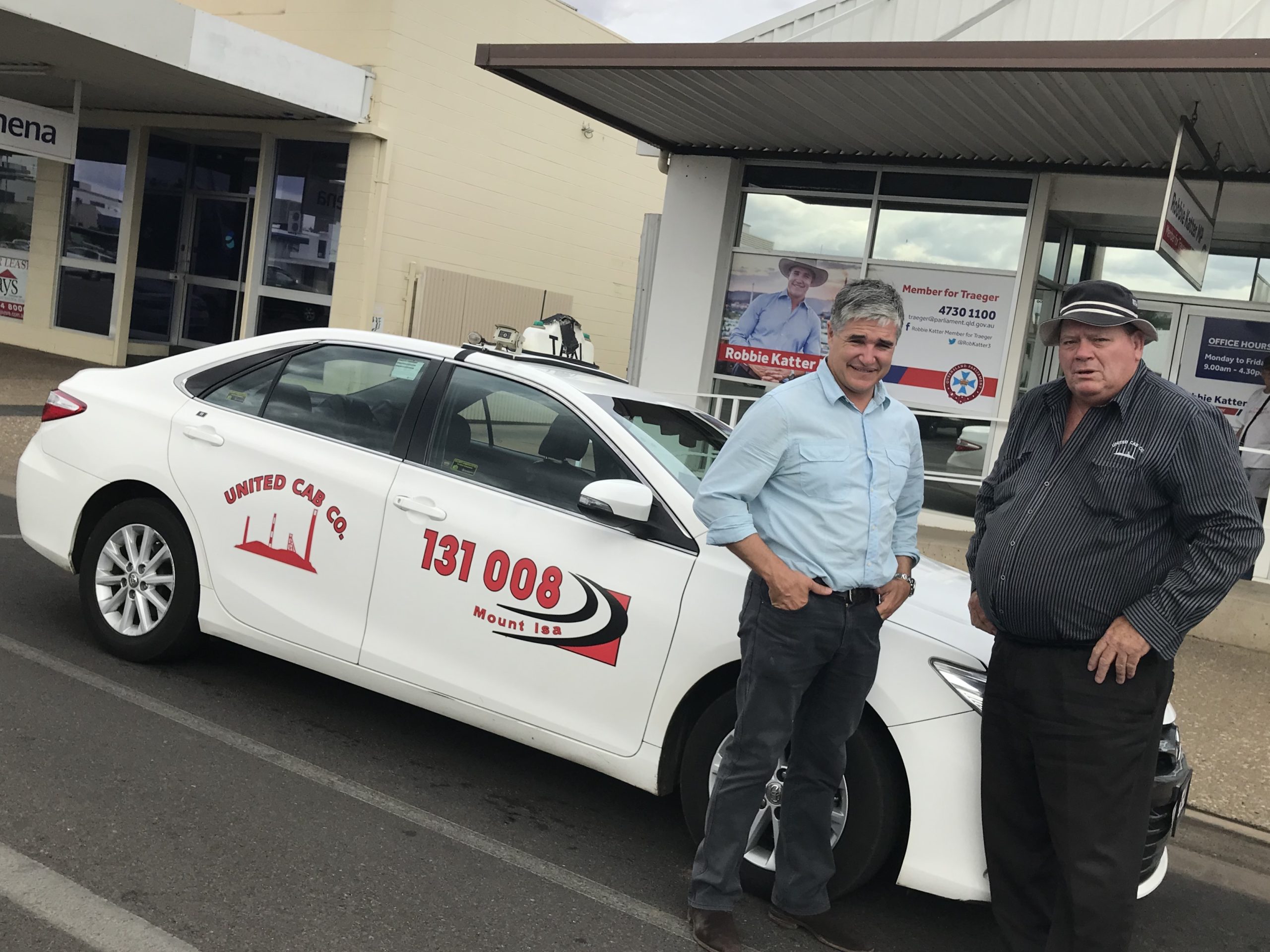
28 Jun OP-ED FROM ROBBIE KATTER: POINT-TO-POINT TRANSPORT STUCK IN A JAM
We can do better than this, Queensland. We must do better than this. It’s a very sad day when vulnerable Queenslanders are left stranded on the roadside because the point-to-point transport industry has crumbled to a shameful state.
When ridesharing was legalised in 2016, it was meant to encourage competition and innovation, but today, we’re worse off than we started; Queenslanders can no longer get a ride 24/7 or a guaranteed regulated fee, and passengers with a disability are being left deserted. The uneven playing field sparked by rideshare, combined with COVID-induced driver shortages and skyrocketing fuel prices, have brought the industry to its knees. Passengers are faced with an unreliable service and erratic wait times, especially in rural and regional Queensland where higher operating costs and driver shortages mean it’s virtually impossible to book a taxi, and Uber doesn’t even exist. As rideshare doesn’t accommodate wheelchairs, vulnerable passengers are forced to rely on the 20 per cent of the state’s taxis equipped with wheelchair access, which have been experiencing major delays and even failures to show. It’s deplorable and completely unacceptable that Queenslanders with disabilities are missing potentially life-saving appointments because they can’t get a ride.
Currently, about 37 wheelchair-accessible taxi service licences in Queensland do not have a registered taxi vehicle attached to the Wheelchair Accessible Taxi (WAT) licence. As of April 2022, 408 taxi service licences in Queensland did not have a registered taxi vehicle attached to the licence. In Uber’s first five years, taxi trips in Queensland plummeted by 60 per cent. Taxi drivers, many of which are Mum-and-Dad small business owners, have kept their fares unchanged through regulated pricing, continue to adhere to safety standards and service levels including mandated security cameras, disability access, and trying to keep taxis on the road 24/7, all the while working 14-hour days, seven days a week, and still making less than their pre-Uber income. Rideshare drivers shoulder none of these responsibilities. They pick only the low-hanging fruit; they can flood the market on busy nights and price surge when taxis cannot.
The Queensland Government must immediately address the lack of a metered fair rise for taxis to combat higher fuel and operating costs to ensure the viability of all taxi operations, especially those in rural and regional Queensland.
It must be said that ridesharing has proven some redeeming factors by lifting standards – reports of cleaner vehicles and more drivers, for example. It could have coexisted peacefully with taxis, but its laissez-faire implementation has rendered a chaotic result.
Late last year, the High Court ruled mediation between taxi licence-holders and the State Government, but it’s not looking good; taxi drivers are being forced to negotiate from a very poor position. The KAP previously called for legislation to create a non-politicised body to enforce fair regulations, and later called on the Queensland Transport Minister to negotiate a fair compensation package for taxi licence-holders, all to no avail.
Now, the circle is starting again, with pressure from rideshare drivers to protect their wages, which would essentially spell the rebirth of the old taxi industry.
The State Government must act now to create a level playing field and give all operators a fair go to restore this critical service and keep passengers and drivers safe and on the road.
—ENDS—
Photo caption: Robbie Katter MP with Glen Corliss from United Cab Co Mount Isa in 2018.

Sorry, the comment form is closed at this time.